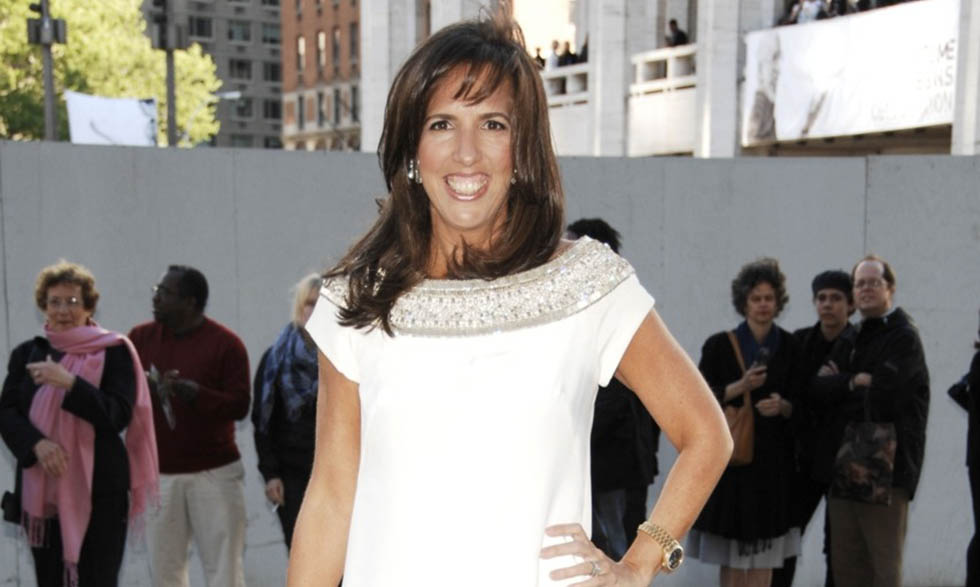Designer Liz Lange helped reinvent maternity fashion, bringing more style and versatility to clothing for pregnant women. But in addition to building her business and brand, Lange faced another major challenge at the height of her career: a cervical cancer diagnosis.
Now a long-term survivor, she spoke about her experience and how regular Pap smears and early diagnosis helped her beat cancer.
Can you tell us about your diagnosis?
Getting diagnosed with cervical cancer at age 35 was a complete and utter shock. I considered myself very healthy. I was busy, happy, energetic, and had two young kids. I was running a very successful business.
"What I learned from having cervical cancer is that one of the keys to surviving is early detection."
- Liz Lange
But when I went in for a regular checkup with my gynecologist following the birth of my second child, my Pap smear indicated I had dysplasia. They said that it was no big deal and that I could wait to have it removed until after a fashion show I was doing. I thought nothing of it at the time. In fact, I didn't even know what dysplasia was.
But when they did follow-up tests on the dysplasia, things were different. I will never forget the day I got the news. I got two messages from my doctor. The first words were, "Well, we don't have good news. You have cervical cancer." It was so surreal. I definitely thought I was going to die. I spent the whole night going into my kids' bedrooms thinking I would never see them grow up.
What was your treatment like?
I didn't know anything about cervical cancer at the time; however, I soon found out that cervical cancer is one of the more curable cancers if caught early. I had a hysterectomy [removal of the uterus], followed by rounds of chemotherapy and radiation. At the time, for someone my age, that was considered the gold standard of treatment. It was pretty grueling and very exhausting. But I have met women who had more severe forms of cancer and feel extremely lucky that I caught it in time.
You didn't talk publicly about your cancer for quite a few years after your diagnosis.
It is such a personal decision. I was a public figure at the time with a popular clothing line for women and a growing business. Frankly, I was very concerned then about the perception that it could hurt my business. Also, I didn't want every interaction I had with people to be about cancer. To say it was terrifying and horrifying is an understatement. And I was really afraid the cancer would come back. It was something I didn't want to focus on. I felt that if I didn't tell a lot of people, I wouldn't have to talk about it. For me, that was a relief.
But 10 years later, the odds of it coming back dropped considerably, so I felt that I did have a platform and I could use my platform to be helpful by talking publicly about my story. Also, when the news came out that there was a new [human papillomavirus, or HPV] vaccine, I wanted to speak out about it as an important new way to prevent cervical cancer.
How has being a cancer survivor impacted your life?
Our knowledge about cancer has changed so much, even in the past 10 years. But when I was growing up, I linked cancer to death. I was feeling I had gotten a death sentence, even though I hadn't. When you have cancer, you are always waiting for results. And the feeling is overwhelming. It puts things in perspective. Especially in the early years after the diagnosis, I said I would never worry about the little things and that nothing is more important than good health.
Can you speak to the importance of prevention and early detection?
There is nothing more important. What I learned from having cervical cancer is that one of the keys to surviving is early detection. It is essential. Make sure you are getting all the screening and tests that are recommended. I am also a strong advocate for the HPV vaccine. That is a great advance.
Is there anything else you'd like to share with our readers?
Since I've sold my maternity business, I now spend my time investing in early-stage, high-growth businesses. I love helping new entrepreneurs start new ventures.






